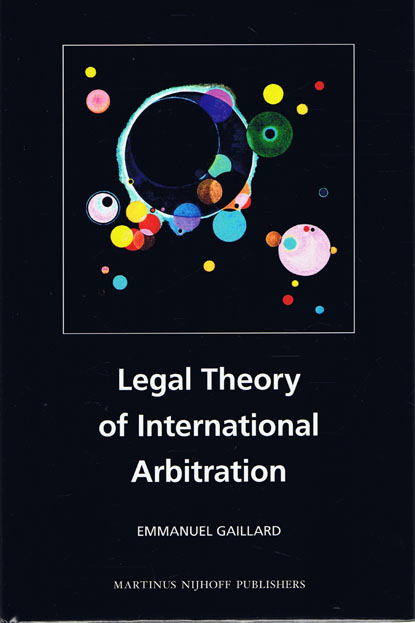
International arbitration readily lends itself to a legal theory analysis. The fundamentally philosophical notions of autonomy and freedom are at the heart of its field of study.
Similarly essential are the questions of legitimacy raised by the parties’ freedom to favor a private form of dispute resolution over national courts, to choose their judges, to tailor the procedure and to choose the applicable rules of law, and by the arbitrators’ freedom to determine their own jurisdiction, to shape the conduct of the proceedings and to choose the rules applicable to the dispute.
The present work, based on a Course given at The Hague Academy of International Law in the Summer 2007, identifies the philosophical postulates that underlie this field of study and shows their profound coherence and the practical consequences that follow from these postulates in the resolution of international disputes.